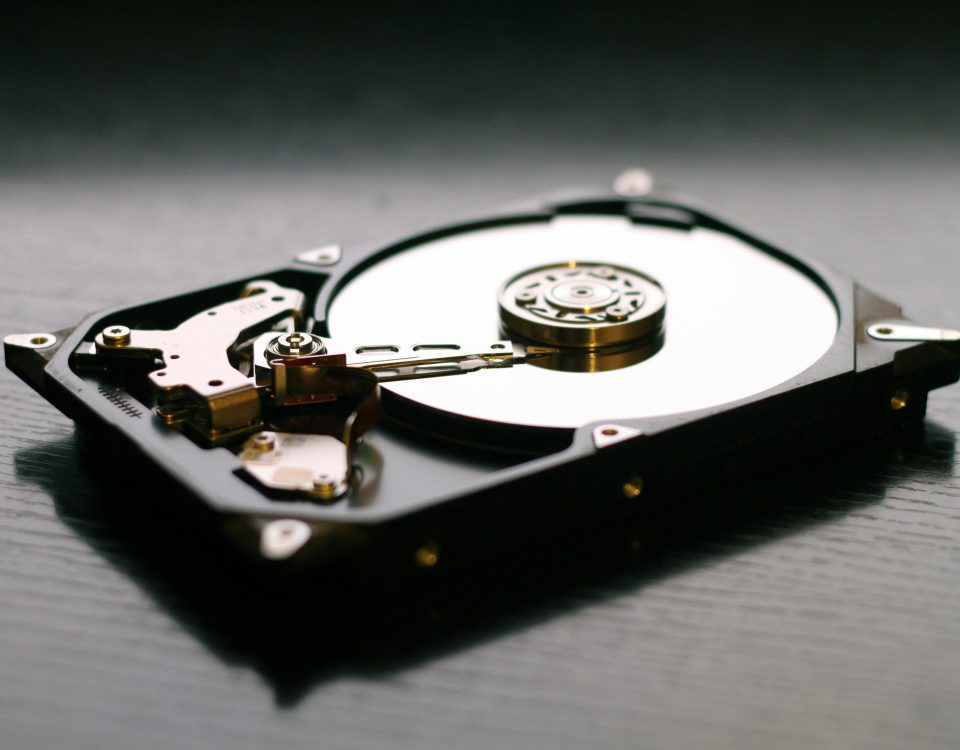The Importance of Computer Health

Technology Landscape of New Castle, PA
January 22, 2024
The Million Call Club!
February 12, 2024In the modern era, computers have become indispensable tools that permeate every facet of our lives. From personal communication to professional endeavors, from education to entertainment, computers play a pivotal role in shaping our daily routines. As such, ensuring the health and well-being of these electronic devices has become paramount. In this digital age, the importance of computer health cannot be overstated.
First and foremost, maintaining the health of your computer prolongs its lifespan and enhances its performance. Similar to how we prioritize our physical health through exercise and proper nutrition, computers require regular maintenance to function optimally. Neglecting routine care can lead to a myriad of issues such as sluggishness, system crashes, and hardware failure. By implementing preventive measures such as software updates, virus scans, and disk cleanup, users can mitigate the risk of encountering these debilitating problems.
Moreover, safeguarding the health of your computer safeguards your personal and professional data. In an age where cyber threats abound, protecting sensitive information from malicious attacks is imperative. Viruses, malware, ransomware, and phishing scams pose significant risks to data security and privacy. A compromised computer not only jeopardizes personal finances and confidential documents but also undermines trust in digital systems. By investing in robust antivirus software, utilizing firewalls, and practicing safe browsing habits, individuals can fortify their digital defenses and shield themselves from potential cyber threats.
Furthermore, maintaining computer health fosters productivity and efficiency in both personal and professional endeavors. A well-maintained computer operates smoothly, allowing users to complete tasks promptly without unnecessary interruptions. Whether it’s completing assignments, conducting research, or managing business operations, a reliable computer serves as a cornerstone of productivity. Conversely, a neglected computer hampers workflow, leading to frustration, delays, and missed opportunities. By prioritizing computer health, individuals can optimize their digital workspace and unlock their full potential.
In addition, promoting computer health contributes to environmental sustainability. The proliferation of electronic waste poses a significant ecological challenge, with discarded computers contributing to pollution and resource depletion. By prolonging the lifespan of computers through regular maintenance and responsible disposal practices, individuals can minimize their environmental footprint and mitigate the adverse effects of electronic waste. Recycling obsolete hardware, refurbishing outdated devices, and adopting energy-efficient computing practices are integral steps toward building a more sustainable future.
Beyond individual responsibility, fostering a culture of computer health promotes digital literacy and empowerment within communities. By sharing knowledge, resources, and best practices, individuals can empower others to take ownership of their digital well-being. Educational initiatives, workshops, and online forums play a pivotal role in disseminating information and fostering collaboration among users of all backgrounds. By democratizing access to computer health resources, we can bridge the digital divide and empower individuals to harness the full potential of technology.
In conclusion, the importance of computer health transcends individual convenience—it is a cornerstone of modern society. By prioritizing computer health, individuals can prolong the lifespan of their devices, safeguard their data, enhance productivity, promote sustainability, and empower communities. As we navigate the complexities of the digital age, let us commit to nurturing the lifeline of our digital infrastructure and building a more resilient and inclusive future for generations to come.


